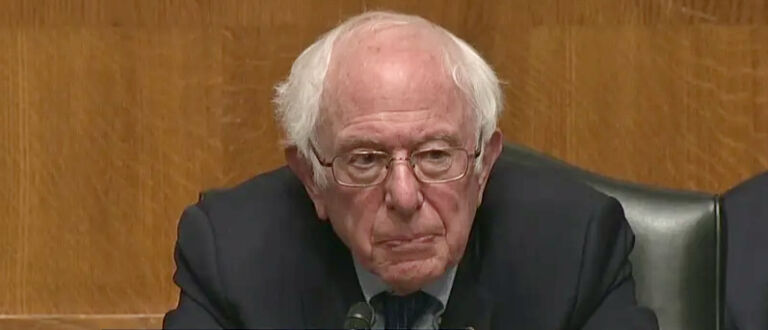U.S. Senator Rand Paul (R-KY) recently introduced a bill that would dramatically liberalize the rules and regulations regarding health savings accounts (HSA). HSA’s are accounts that individuals and employers can donate tax-free dollars to be used on qualified health expenses. Currently, the law says that only those who have a high-deductible health plan (HDHP) can use an HSA. There are some serious limitations to what the federal government deems a “qualified health expense.”
The Health Savings Accounts for All Act would significantly open up the use of HSA’s by increasing the amount individuals and employers can contribute and how those dollars can legally be used. Here are some of the highlights of the bill from a recent article in Insuracennewsnet.com,
- Eliminates the annual limit on tax-deductible contributions to HSAs by individuals and their employers.
- Eliminates the requirement to be enrolled in a high-deductible health plan in order to make tax-free contributions to HSAs.
- Qualified medical expenses would include expenses incurred during the prior or current tax year before establishing the HSA and fees paid for personal patient care.
- Other expenses would be considered as qualified medical expenses up to an annual dollar limit: expenses for physical trainers, nutrition trainers, and health coaches (up to $1,000 per year); exercise equipment (up to $250 per year); and nutritional and dietary supplements (up to $1,000 per year). Dollar limits, where specified, apply to tax deductions for medical expenses but do not apply to expenses that can be paid for with tax-free HSA distributions.
- Americans could use HSAs to pay for health insurance premiums and direct primary care service arrangements.
- Americans could make changes to payments or distributions to correct an administrative, clerical, or payroll contribution error on or before the last day to file taxes.
- Allows the tax-free transfer of HSAs at death to the account holder’s child, parent, or grandparent, in addition to the surviving spouse.
- HSAs would be treated as an individual retirement account in bankruptcy proceedings.
HSAs are one reform that would return a lot of the purchasing power from the insurers to the patients. Patients and employers will have more freedom and control over the money currently being sent to insurance companies. Given the push for price transparency in the health care system, boosting the use of HSAs is a common-sense reform that Congress should immediately pass.
For more information on the use of HSAs and price transparency see:


